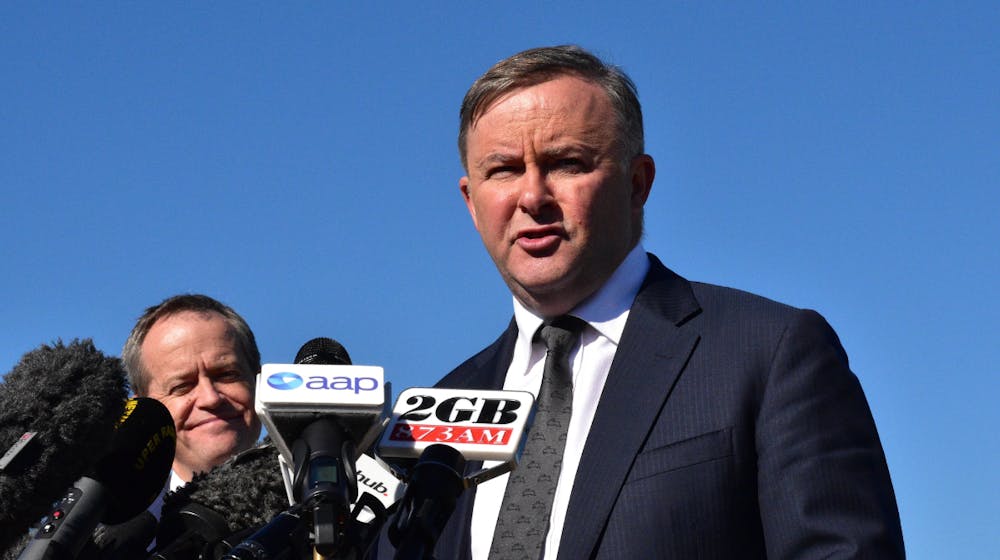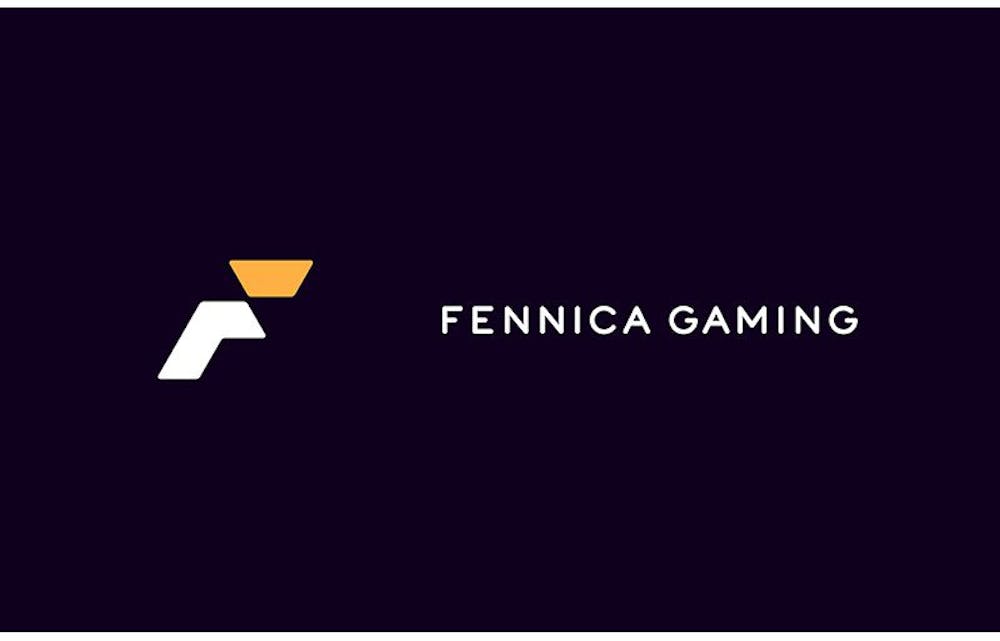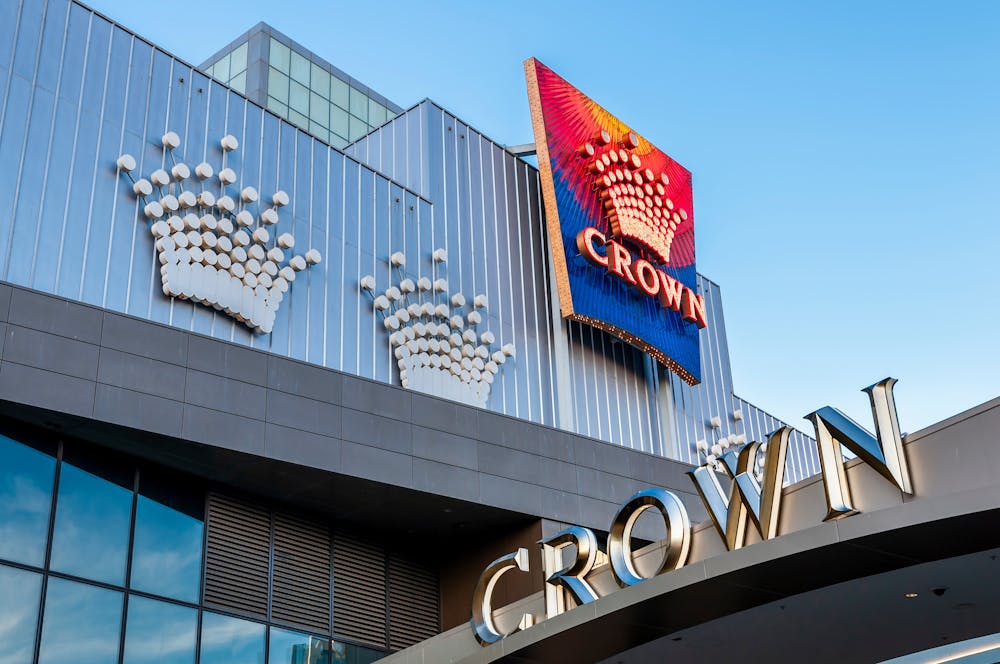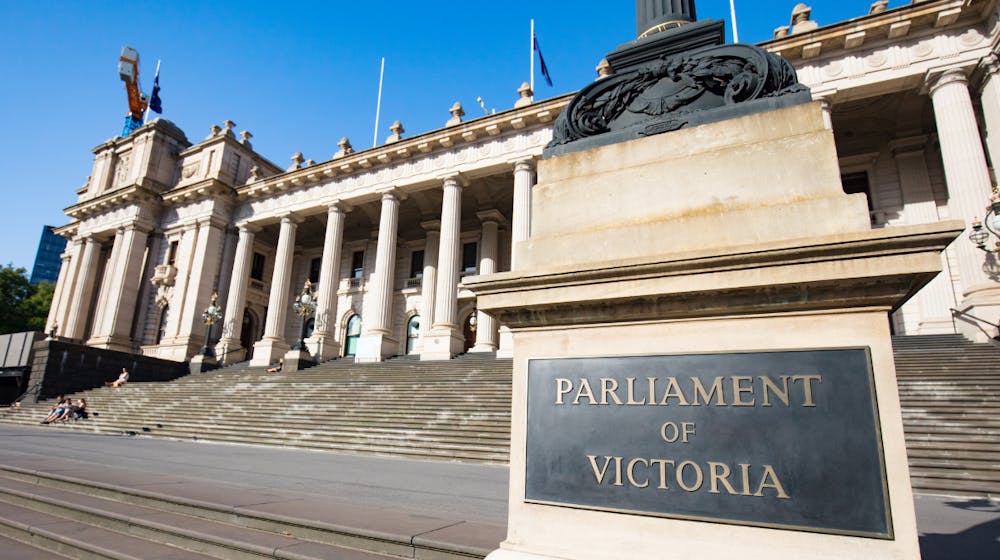Australia’s Government Faces Criticism Over Proposed “Watered Down” Gambling Ad Ban


In a surprising turn, Australia’s government is reportedly considering a series of more lenient reforms on gambling advertising rather than the blanket ban initially expected.
This decision has sparked a wave of criticism from across the political spectrum, accusing the government of betraying Peta Murphy's legacy and failing to address the issue of problem gambling adequately.
Key Takeaways
- Australia’s government is criticised for planning to “water down” a proposed ban on gambling advertising.
- Reports suggest the government will introduce a cap instead of a blanket ban, allowing two TV ads per hour until 10 p.m. and banning ads related to live sports.
- A full ban on gambling ads on social media and digital platforms is expected.
- Critics have blasted the government for not fully implementing the Murphy Report’s recommendations, which advocated for a total ban to combat problem gambling.
- The reforms, still under consideration, have not been finalised and are facing widespread opposition for not going far enough.
The report from Nine newspapers on Sunday revealed that the Albanese government is leaning towards a more moderated approach to gambling advertising, a move that has been met with significant pushback. The controversy centres on the government’s apparent rejection of the Murphy Report’s core recommendation—a complete ban on gambling ads due to the risk they pose to problem gamblers.
Proposed Reforms and Public Reaction
Specifically, the government’s strategy, reportedly under development by Communications Minister Michelle Rowland, includes a cap of two television gambling adverts per hour until 10 pm and a prohibition on advertising one hour before and after live sports events. Additionally, the plan involves a full ban on gambling promotions across social media and digital platforms.
While these measures aim to mitigate the exposure of vulnerable individuals to gambling content, many see them as insufficient.
Critiquing the government’s stance, independent senator David Pocock lambasted the proposal on social media, calling it a “total cop-out” and a betrayal to the legacy of Peta Murphy, the late chair of the online gambling inquiry, who passed away in December 2023. Murphy had championed a more drastic approach, advocating for a phased three-year plan culminating in a complete embargo on gambling advertising, including sponsorships.
Crossbench MP Zoe Daniels also voiced her dissatisfaction, disparaging the government’s plan as a result of capitulation to powerful interests within the gambling industry.
The Road Ahead
Despite the backlash, it’s important to note that the government’s proposals have not yet been finalised and could undergo significant alterations before being officially adopted. Minister Rowland’s office spokesperson emphasised ongoing engagement with stakeholders as the government shapes its response to the online wagering inquiry.
The controversy illustrates the complex balancing act governments face in regulating gambling.
On one hand, there’s a clear need to protect the public from the harms associated with problem gambling. On the other, there’s the risk of imposing overly restrictive measures that could have unintended consequences or face resistance from powerful industry interests.
As the debate unfolds, the key question remains: Will the government heed the call of critics and implement a more comprehensive ban, or will the current “watered-down” proposals stand?
With problem gambling posing a significant public health issue, the stakes are undoubtedly high. More to come.

Jack is our casino expert. His insights can help you to find the best bonuses around, whether you’re looking for welcome bonuses, no deposit bonuses, free spins or more – at the best online casinos.
Read more about the author









